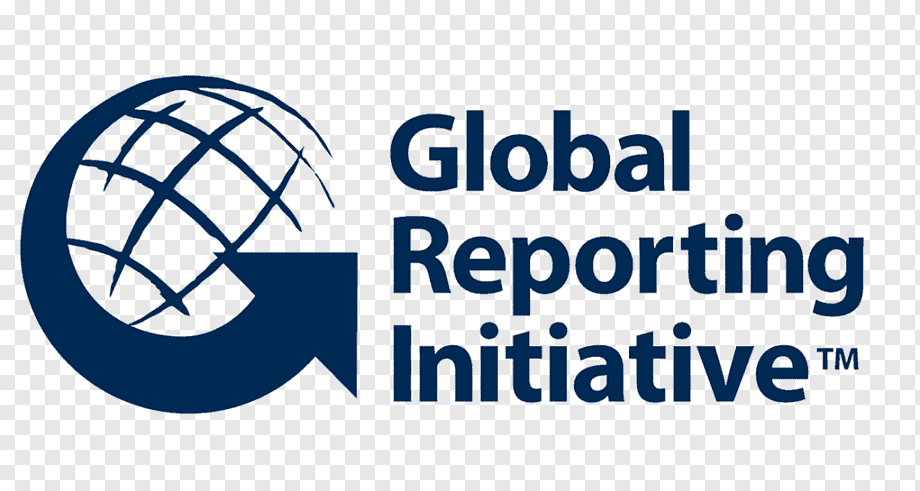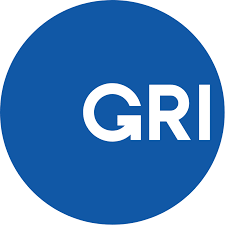As the sustainability debate and coverage continue to evolve, standard setting continues to evolve to ensure that sustainability reporting conveys the right information to stakeholders. The GRI standards have been recently updated to reflect current trends and latest developments around the subject matter. To afford sustainability professionals full understanding of the latest updates, the GRI academy has put together a new course entitled, “Transitioning to the GRI Standards 2021 Updates”. The course explores justification for the revisions made; it also explains what every sustainability practitioner expects to find in the new Universal Standards; in another dimension, it explains what changes were carried through to the GRI Topic Standards. Part of the resources provided by the GRI academy includes including a short Introduction to the GRI Standards, Frequently Asked Questions (FAQs), a mapping document, and a product leaflet to help professionals navigate and understand the most recent changes and how they will affect sustainability reporting.
 About the Course
About the Course
This course covers the main differences between the GRI Universal Standards launched in 2016 and the revised Universal Standards 2021. Other highlights of the transition course include an introduction to the new Sector Standards and the adaptations that were made to the Topic Standards. The purpose of this course is to provide a high-level overview of what has changed in the GRI standards. At the end of the transition course, participants are expected to:
- Explain why the GRI Standards were revised and how responsible business conduct concepts were embedded
- Summarize the main changes to the GRI Standards
- Discuss the system of the GRI Standards 2021 Update and explain the content and the use of the Sector Standards
- Describe the new guidance to determine an organization’s material topics
To take this course online, click on this link: https://bit.ly/2ZZp3vF.

About GRI Standards
The GRI standards are regarded as he most comprehensive and most widely used standards. These standards are regularly updated to stay in tune with the dynamic world of non-financial corporate reporting. The GRI Universal standards launched in 2016 have been reputed to have emerged to strengthen the very foundations of non-financial corporate reporting, thereby delivering the highest level of transparency in accessing organizational impacts on the economy, environment, and people. The universal standards together with the sector standards and topic standards make-up the full GRI standards. Sustainability reporting under the GRI standards is permitted in either the core option or the comprehensive option. Whereas the core option requires organizations to include only important elements in their sustainability reports (SRs), the comprehensive option requires more disclosures regarding governance and all material aspects identified.
About GRI
GRI (Global Reporting Initiative) is an independent, international organization that helps businesses and other organizations take responsibility for their impacts, by providing them with the sustainability reporting standards which represent the global common language for communicating organizations’ impacts. The GRI standards are regarded as the world’s most widely used standards for sustainability reporting. The GRI provides reporting support services and tools, membership program and online learning portal that impart the essential know-how and create a collaborative environment to learn about the GRI Standards and help professionals achieve accurate, high-quality sustainability reporting.
GRI also provides community service through a global network of organizations jointly advancing sustainability reporting. The GRI community promotes access to learning and knowledge-sharing opportunities that will help improve the quality of reporting with the GRI Standards. Both reporting organizations and consultants benefit from the wide variety of membership programs provided by the GRI Community.

Founded in 1997, the GRI secretariat is headquartered in Amsterdam, the Netherlands, and operates a network of seven regional hubs ensuring GRI supports organizations and stakeholders worldwide. GRI foresees a sustainable future enabled by transparency and open dialogue about impacts; a future in which reporting on impacts is common practice by all organizations around the world.
The first set of GRI standards, GRI 1, was issued in the year 2000 and quickly followed by GRI 2 in 2002. Further innovations followed with GRI 3 in 2006 and GRI 4 in 2013. The evolution was continued with the launch of the GRI Sustainability Reporting Standards in 2016 and topic- specific standards like Tax (2019) and Waste (2020); GRI’s first sector-specific standard (Oil and Gas) was launched in 2021.

The CSR Arena is a CSR advocacy and sustainability-reporting-analysis champion. We encourage and celebrate effective CSR and positive social impact by responsible corporate citizens; we celebrate international best practices in sustainability reporting across different economic divides. Our goal is to realize the dream of development scholars that, ‘corporates, more than governments, would bring about the much needed sustainable development across the globe. We partner with FBOs, NGOs, CBOs, governments and corporates to spread the message of sustainable development and corporate sustainability. Our platforms bear tales of good corporate citizenship – grab the microphone that you may be heard. Contact: news@thecsrarena.com



